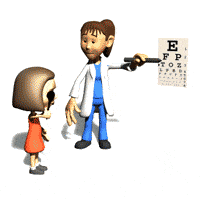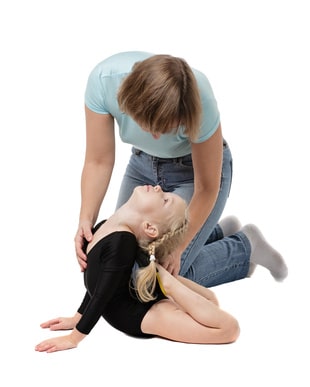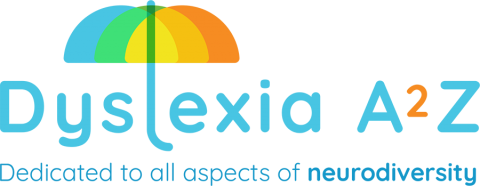This section will find comprehensive information, Help, support, and resources on a wide range of healthcare-related therapies: Eye (Visual) Problems & Therapies, Hearing (Auditory) Difficulties, Diet & Nutrition, Complementary Therapies, Developmental Therapies & Speech & Language Therapy (SALT).
These healthcare-related therapies may help and support people with learning disabilities (SpLDs), i.e., Dyslexia; Dyscalculia; Dysgraphia; Dyspraxia, Speech and Language Therapy (SALT) and Visual Stress.
Visual (Eye) Problems & Dyslexia

Visual (Eye) Problems & Dyslexia
Eye problems (vision) problems are one of the most common causes of disability worldwide. The Optical Information Council has estimated that one child in five with learning difficulties, including dyslexia, may have undetected eye / visual problems. Read More…

Phonological (Hearing) Problems & Dyslexia
In Britain, over eight million people suffer from hearing (auditory) loss, over 25,000 of these children. Deafness is often associated with older people. But many are born deaf or profoundly deaf – others become so after an illness. One million children (0-8 years) will experience temporary deafness caused by glue ear. Read More…

Diet, Nutrition, Fatty Acids & Dyslexia
There has been a lot of research over the last decade, which has concluded that abnormal levels of fatty acids in the brain could be behind the practical and behavioural problems experienced by dyslexic children and those with dyspraxia and attention-deficit/hyperactivity disorder (ADHD). Read More…

Complementary Therapies & Dyslexia
If you are interested in what Complementary Therapies have to offer people with: Dyslexia; Dyscalculia; Dysgraphia; Dyspraxia, ADHD, or other Specific Learning Difficulties (SpLD’s), whether a parent, teacher or other professional, this part of the website will offer accessible and helpful advice. Read More…

Developmental Therapies & Dyslexia
There is a school of thought that many specific learning difficulties are due to developmental disorders. It does not mean that a child has been damaged but that certain early developmental reflexes have not fully matured.
These reflexes usually develop spontaneously during a child’s early years. Read More…

Speech & Language Difficulties (SALT)
If a child has speech problems, they must be assessed as soon as possible.
It is imperative to identify children with Speech & Language problems at the earliest possible time to be assessed and a comprehensive educational plan to help the child. See more …

